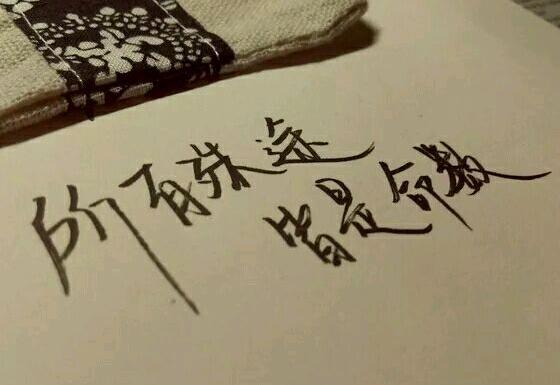The old rule, the first answer: 1, the revival of the Han room is not a person or a group can decide, since the ancient dynasty has a fate; 2, Cao Cao can not and does not want to restore the Han room.
The fate of the dynasty
Since the history and culture of the mainland for thousands of years, many dynasties of all sizes have been born before and after, and more than 400 emperors have been born. Most dynasties rule for a long time, can exceed 300 years, that is, Xia Shang Zhou, Han Dynasty, Song Dynasty, Xia Dynasty and Shang Dynasty are actually not formed, and even some people do not recognize; the Han Dynasty and the Song Dynasty are divided into two parts, the Western Han And Eastern Han, the Northern Song and southern Song, if they are separated, then the real sense of more than 300 years of the great dynasty is the Zhou Dynasty.

Throughout history, we all know that in general, dynasties have 5 stages of development, namely: the founding period, the development period, the heyday period, the decline period and the demise period. This is somewhat similar to the metabolism of our organisms.
Founding Period:
Often in the stage of fighting the world, a capable monarch led a group of capable warriors, through various hardships, defeated all the contenders and invaders, and won the throne.
Development Period:
Then began to build a country, rule the people, set up various rules and regulations, civil laws, punishments, rewards, etc., after the war, the country began to develop gradually, people began to live and work in peace and contentment.
Heyday:
The country developed to a certain extent, the country was rich and the people were strong, the people around them were almost all subdued, the country was peaceful, people lived in peace, the country was rich and the people were strong, there was a prosperous era, such as the coming of all nations, the Tang Dynasty, etc., the reigning monarchs at this time would often do two things, one continued to consolidate imperial power, expand the achievements of the war, such as Emperor Wudi expanded the field, Zhu Di repaired books, dug canals, moved the capital, etc.; there was also a category that began to enjoy life, and began to govern mistakes, such as Tang Xuanzong, Zhu Qizhen of the Ming Dynasty, and so on. National power began to decline.
Period of Decline:
On the basis of feudal rule, after the monarch enjoys life without thinking of making progress, or after fooling the country, the country's track begins to shift, the contradictions between the people and the ruler begin to escalate, the central corrupt officials run rampant, the official field is dark, and there may be some wars at this time, but not fatal. There will also be some lords of ZTE, who have changed the phenomenon of national decadence and put the country on the right track once again, such as Zhu Youfan's "Hongzhi Zhongxing" and Liu Xiu's "Guangwu Zhongxing" and so on.
Period of Extinction:
State contradictions have reached an irreconcilable state, land annexation is serious, imperial power is scattered, power has emerged, peasant revolts, foreign invasions, and then encountered natural and man-made disasters, and the unpopular dynasty will perish.
What was the era at the end of the Eastern Han Dynasty? The Yellow Turban Uprising, land annexation prevailed, people's contradictions surged, the central government was weak and powerless, excessive decentralization of power to the localities, coupled with the political darkness of the central government, the landlord Haoqiang took the opportunity to strengthen his private armed forces and gradually became a hegemon, and did not listen to the central command, people no longer wanted the Han Dynasty, and the Eastern Han Dynasty was officially in a period of extinction. This is the fate of the Han Dynasty. It was not something that Cao Cao could change.
Cao Cao did not have the idea of restoring the Han Dynasty
Cao Cao wanted to be emperor, and in Cao Cao's later years, the Three Kingdoms were established. Half of the world was in his hands, and the Son of Heaven was in his own hands, but he had long since lost real power, and for him it was just a tool to "blackmail the Son of Heaven to order the princes". When he tried to become emperor, he was opposed by his top adviser Xun Yu, and even the two rose directly to a place of incompatibility, and finally in despair, he even committed suicide by poisoning. Cao Cao wanted to be emperor rather than assist the Han Dynasty.
Secondly, Cao Cao has never had a good feeling for the scholars and door valves who have always been at the top of the class, he is a eunuch, and the scholars and door valves are not cold to him, but the son of heaven is in Cao Cao's hands, and they can only obey. The upper class and Cao Cao did not deal with each other, and it was also an inevitable result that they finally drew their swords against each other, and this Cao Cao could not be unaware.
Therefore, if you want to restore the Han Room, this is only the assumption of cao Cao in later generations, he did not have this idea at all, how did he come from to restore it? Coupled with the fact that the fate of the dynasty has been determined, Cao Cao is doomed and cannot be changed.